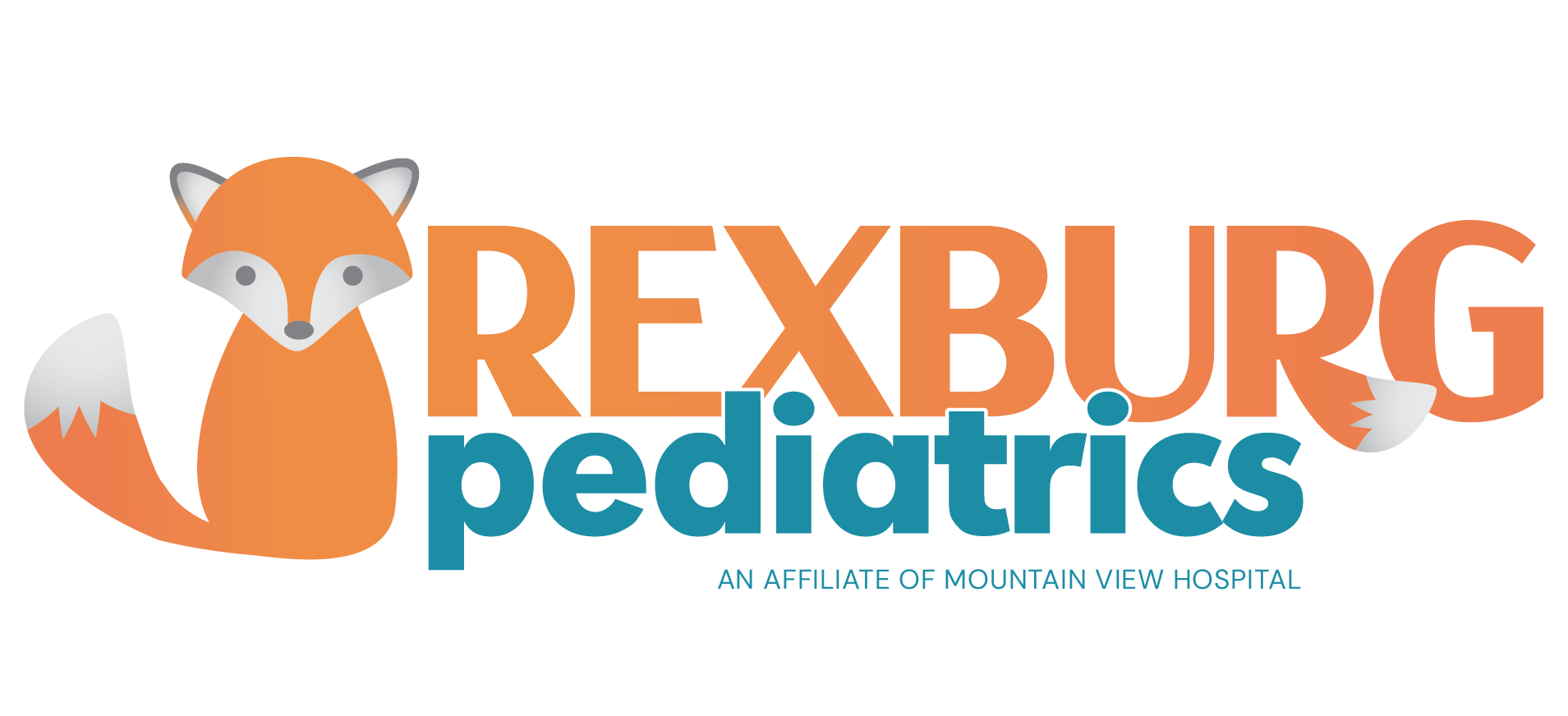Developmental Milestones to Expect During Your Newborn's First Year
Your baby’s first year is an incredible journey filled with exciting changes and milestones. It’s amazing to watch your little one grow, from those early days of cuddles and coos to rolling over and eventually taking their first steps.
As a parent, it’s natural to feel a mix of joy and concern about these developmental stages. You might wonder if your baby is hitting their milestones on time, but remember—every child is unique, and a little variation is perfectly normal.
In this post, we’ll guide you through some key developmental milestones to expect during your newborn's first year and share when it might be a good idea to check in with your pediatrician. Keep in mind that babies grow and develop at their own pace, and that’s part of what makes their journey so special!
Key Development Milestones
So, what key developmental milestones will your baby pass through during their first year? Let’s take a look:
0-3 Months: Building the Foundation
The first three months are a time of discovery and adjustment for both you and your baby. During this stage, your little one is learning to navigate their new world. They’re gradually gaining control over their bodies, with many babies starting to hold their heads up by the third month. You might notice their tiny arms and legs moving in uncoordinated ways; it’s all part of their development!
Around this time, your baby may begin to follow you with their eyes. It’s a heartwarming sign that they’re learning to focus and recognize the people they love most. They may also respond to your voice with coos or even a smile, especially if you’re their primary caregiver.
Parenting Tips for This Stage:
- Chat with your baby often. It’s a great way to boost their brain development.
- Comfort them with cuddles, swaddles, and milk when they cry.
- Give them supervised tummy time to help strengthen their muscles for the next big milestones.
4-6 Months: Exploring the World
Between four and six months, your baby begins to show more confidence in their movements and interactions. You might catch them rolling over, sitting with support, or reaching for toys with newfound coordination.
This is also the stage where you’ll likely hear their first laugh—a magical sound that makes all those sleepless nights feel worth it. Simple games like peek-a-boo become a favorite, and your baby might start recognizing familiar objects and faces.
Parenting Tips for This Stage:
- Offer teething toys to help soothe your baby’s gums.
- Establish a daily routine for feeding, playtime, and naps.
- Create a playful and stimulating environment to encourage exploration.
7-9 Months: Gaining Independence
As your baby approaches the seventh-month mark, you’ll start seeing significant behavior changes. Many babies learn to sit on their own and may even begin crawling. Their little hands become tools for exploring, grasping objects, and investigating their surroundings.
Emotionally, your baby might start showing separation anxiety or clinginess—a sign they’re forming stronger bonds with you. They’re also learning the concept of object permanence, which means they know things exist even when they can’t see them. Furthermore, they may start understanding simple words like “no.”
Parenting Tips for This Stage:
- Provide safe, baby-friendly toys that encourage exploration and motor skills.
- Give them space to practice crawling and moving around safely.
- Offer plenty of comfort during moments of separation anxiety. It’s all part of their growth.
10-12 Months: Preparing for Toddlerhood
As your baby nears their first birthday, they’ll likely surprise you with their growing independence. Many babies begin standing, taking their first steps, or mimicking actions like clapping or waving. These moments are delightful and unforgettable.
You’ll also notice their problem-solving skills coming to life. Whether it’s opening a book or searching for a favorite toy, you’ll see their curiosity begin to blossom.
Parenting Tips for This Stage:
- Introduce simple learning activities, like reading picture books together.
- Encourage walking by offering support and creating safe spaces to practice.
- Allow your baby to try new foods, engage with new people, and explore new environments.
Common Concerns and When to Seek Guidance
It’s natural to worry if your baby isn’t meeting certain milestones, but knowing when to seek help can give you peace of mind. Here are some signs to look out for:
By 3 Months:
- Your baby isn’t smiling or showing interest in faces.
- Their arms and legs seem stiff or move very little.
- They don’t respond to sounds or track objects with their eyes.
By 6 Months:
- They can’t roll over or bring their hands to their mouth.
- Their head is still wobbly when they’re sitting up.
- They aren’t laughing or showing joyful expressions.
By 9 Months:
- Your baby can’t sit up without support.
- They aren’t exploring objects with their hands.
- They don’t recognize familiar faces or attempt to crawl.
By 12 Months:
- Your baby isn’t attempting to make word-like sounds.
- They show no interest in books, toys, or playing.
- They aren’t grasping objects or reacting to separation.
If you’re ever unsure about whether something is wrong, trust your instincts and talk to your pediatrician. Early checkups can help address concerns and provide reassurance.
Choose Rexburg Pediatrics for Newborn Care
Watching your baby grow is one of life’s greatest joys. Every milestone, from their first smile to their first steps, is a celebration of their unique journey.
At Rexburg Pediatrics, we’re here to support you through every stage of your baby’s development. Whether you have questions or concerns or just need guidance, our team is here to help. Call us at (208) 346-8400 to schedule an appointment today.

